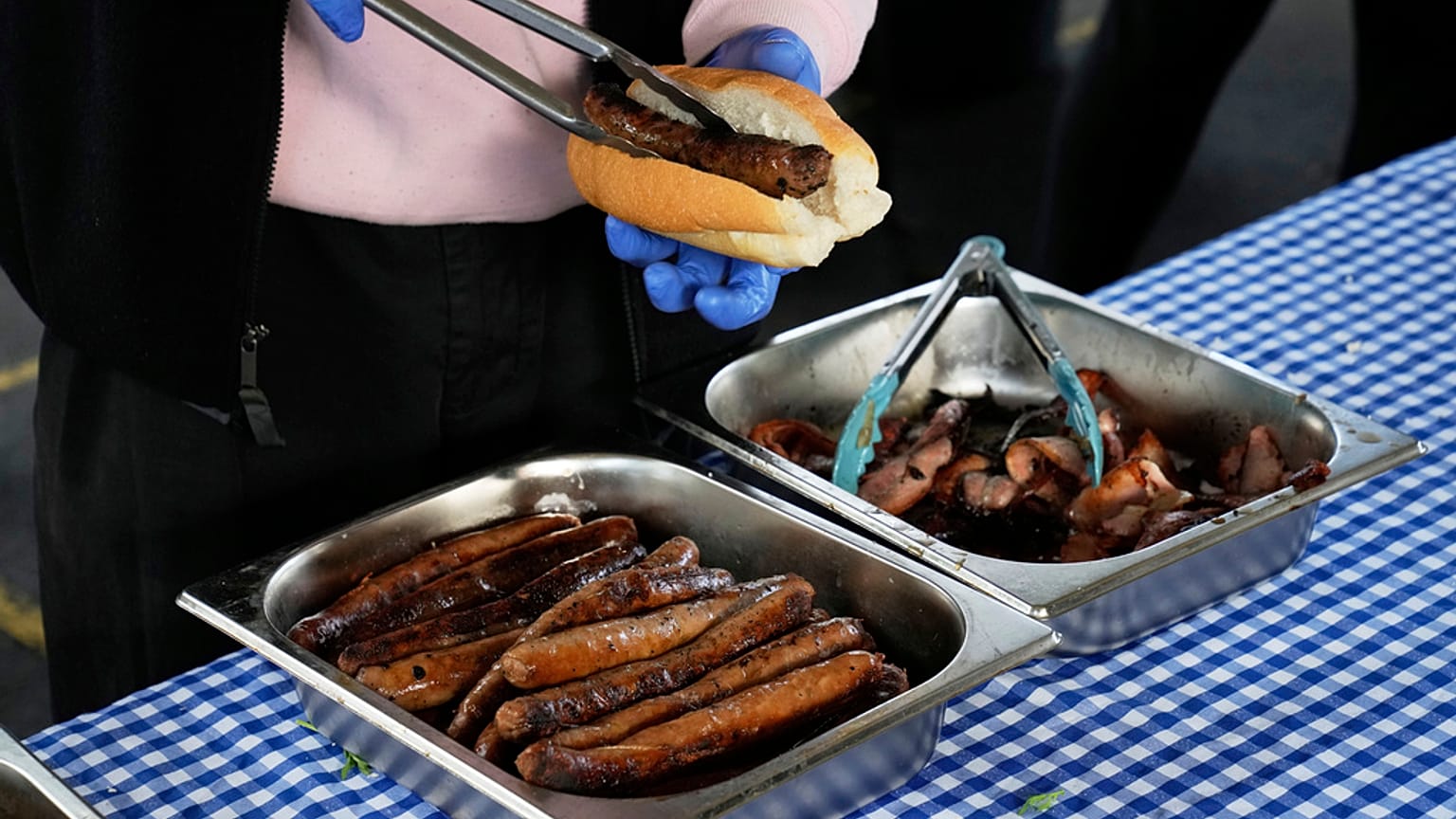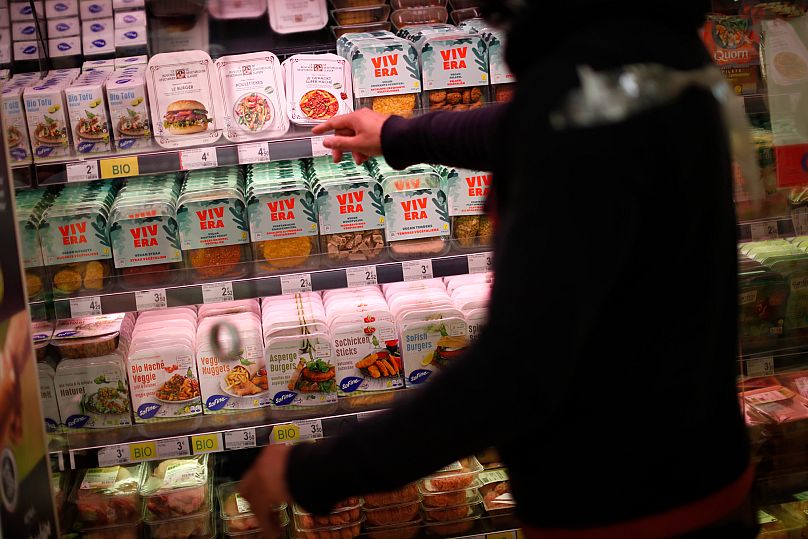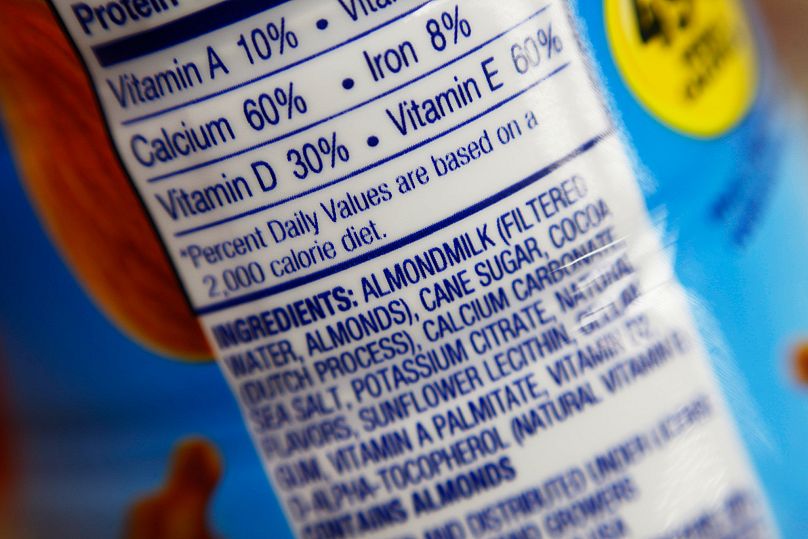The European Parliament has voted to ban meat-related terms like “burger” and “sausage” for plant-based products, prompting backlash from consumer and environmental groups.
There has long been a debate within the European Union over how to name plant-based foods. These products are becoming increasingly popular, yet uncertainty remains about how they should be labelled and promoted within the single market.
 ADVERTISEMENT
ADVERTISEMENT
 ADVERTISEMENT
ADVERTISEMENT
Can we call a soya-based patty a veggie burger? Should we use the term "sausage" if it doesn’t contain meat, or do such terms confuse consumers?
On Wednesday, the European Parliament decided that names such as hamburger, sausage, escalope or steak can only be used for meat products and not for plant-based foods.
“I accept that steak, cutlet or sausage are products from our livestock farms. Full stop. No laboratory substitutes, no plant-based products”, French MEP Céline Imart (EPP), responsible for the file in the Parliament, said during the plenary discussion on Tuesday.
She added that this discussion is also about transparency and clarity for consumers, and recognition of the work of livestock farmers.
This debate has been simmering in the European Union for some time. Current legislation allows plant-based products to use meat-related terms, provided the packaging clearly indicates that the product is made only from plants.
However, in July, in a proposal to update the Common Market Organisation (CMO), the European Commission stated that “meat” means exclusively the edible parts of an animal, and “meat products” refers to products derived solely from meat.
The proposal introduced a list of 29 banned terms when referring to vegetarian or vegan products, including: beef, chicken, bacon, ribs, wings and breast.
The European Parliament had also attempted to introduce a similar reform back in 2020 during discussions on EU agricultural subsidies, but the proposal did not pass following a roast.
'Don’t think consumers are stupid'
One of the main arguments for banning these terms is that they may confuse consumers, making it unclear what product they are actually choosing and purchasing.
A 2020 survey by the European Consumer Organisation BEUC found that most consumers, around 70%, are not concerned about the naming of veggie "burgers" or "sausages" if the products are clearly identifiable as vegetarian or vegan.
“It is disappointing that the EU Parliament agreed to ban commonly used meat-related names like ‘burgers’ or ‘sausages’ for plant-based alternatives,” Irina Popescu, food policy officer at BEUC told Euronews.
Policymakers should focus on making packaging clear and understandable with trustworthy labels, Popescu added.
During Wednesday's heated debate, some of the comments aimed at the MEPs present were quite spicy.
“Some politicians here in the house think that we need to mistrust consumers’ intelligence — that they’re not able to see and read what they’re actually buying. If something’s called a vegan burger, then everybody knows it’s not going to contain meat,” said Austrian MEP Thomas Weitz (The Greens).
If it's not milk, then it's a 'drink'
Four hundred organisations have signed an open letter calling for the withdrawal of the ban on 29 meat-related terms for plant-based products.
The letter urges the EU to uphold legal precedents that safeguard transparent, consumer-friendly labelling, and to support innovation and sustainability by promoting a level playing field, with clearly labelled plant-based options that empower consumer choice and encourage climate-friendly, healthy diets.
The legal precedent referred to in the letter is a ruling by the European Court of Justice (ECJ) last year, which held that EU member states cannot prevent food manufacturers from using labels traditionally associated with meat on vegetarian foods, as long as the labels clearly describe what the products contain.
However, a comparable legal issue arose in 2017 when the EU’s top court addressed the use of dairy-related terms for plant-based products such as soy and oat drinks.
In that case, the ECJ ruled that only products containing actual dairy could use terms such as milk, butter, or yoghurt, resulting in plant-based alternatives being labelled as “drinks” on European shelves.
At the time, the ECJ stated that only products containing actual dairy could use terms such as milk, butter, or yoghurt, which resulted in plant-based alternatives being labelled as "drinks" on European shelves.
The Parliament’s text must still be negotiated by all member states in the European Council, where it is expected to face significant division, as the issue is also being debated domestically in several countries.
















